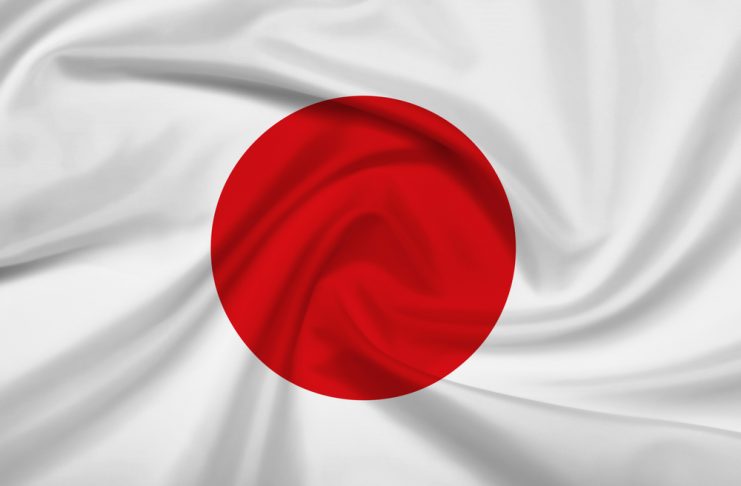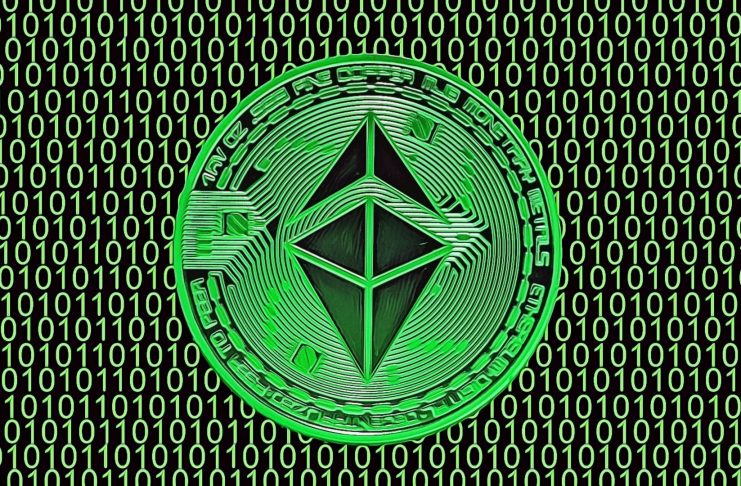Japan is one of the most pro-active countries regarding cryptocurrencies and blockchain technology. In a new venture, several entities have joined forces to create the Japan Security Token Offering Association. This venture will focus on the rise in popularity of security token offerings, which need to adhere to very strict guidelines in most countries around the world.
The Rise of STOs
It has become apparent in the crypto industry how initial coin offerings and initial exchange offerings are merely stepping stones. The legitimate companies and projects see no problems with registering their asset as an actual security. Failure to do so can have major consequences, particularly in the US and Asia. As such, it is good to see an increasing focus on this particular industry.
In Japan, that focus has materialized in the form of the Japan Security Token Offering Association, or JSTOA. It is a joint venture between Monex, SBI Securities, Kabucom, Daiwa Securities, Nomura Securities, and Rakuten Securities. Some of those companies already have strong ties with the cryptocurrency industry. It is prominent to see them focus on security token offerings at this time.
The Exact Purpose
As the name somewhat suggests, all six parties who make up the Japan Security Token Offering Associating share a unified goal. They want to develop self-regulatory measures regarding STOs in Japan, or catering to Japanese investors. They also see security token offerings as a healthy development in the fund-raising industry. These projects often benefit from additional legitimacy primarily because they are upfront about issuing a security token first and foremost.
Moreover, there is a growing concern regarding the number of fraudulent initial coin offerings which have taken place over the years. A fair few of those ventures also raised money from Japanese enthusiasts leading to financial losses. The issuance and trading of security tokens is legally recognized. This move is also an extension of how Japan has kept close tabs on such innovative developments regarding blockchain technology.
Will it Succeed?
It is not the first time Japan tries its hand at self-regulation. All of the major cryptocurrency exchanges in the country are also part of this venture, albeit they still need to obtain an official license prior to offering their services. Those who fail to comply with these stringent rules will find themselves out of business fairly quickly. It is evident that such a system of self-regulation can work, as long as everyone in the ecosystem puts their best foot forward at all times.
Image(s): Shutterstock.com




